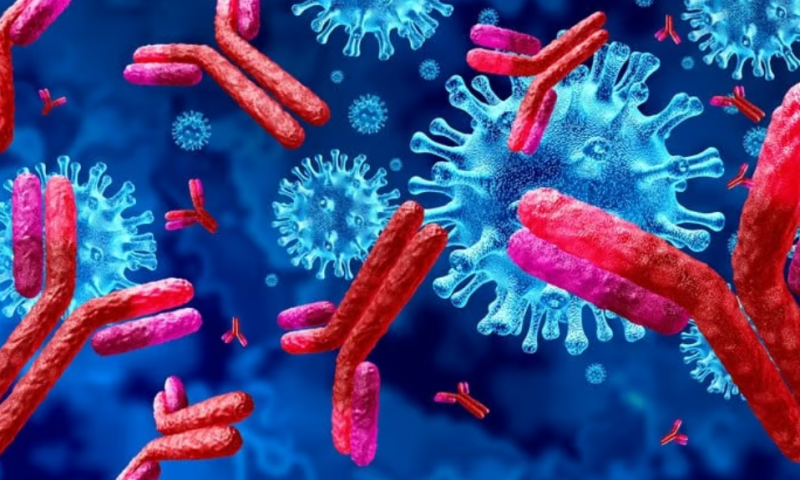A new type of RNA vaccine against HIV and the Zika virus induces strong antibody responses in the offspring of pregnant animals, according to researchers from Seattle-based biopharma HDT Bio.
In a study published March 24 in Molecular Therapy, the scientists described how they used HDT Bio’s vaccine platform, LION/repRNA, to immunize pregnant rabbits against HIV-1 and Zika. Both the mothers and the offspring produced high levels of antibodies against the viruses before the kits were born. Some of the newborns were vaccinated immediately after delivery and again four weeks later. Though the researchers didn’t assess how long the antibodies endured, the babies that received post-birth vaccinations had higher antibody titers than the ones that didn’t, according to figures from the study.
“Preventing mother-to-child transmission is a major goal for reducing disease burden in newborns,” senior author Amit Khandhar, Ph.D., director of formulations at HDT Bio, said in a press release. “With mRNA vaccines attracting global attention, there is a need to evaluate their safety and immunogenicity in preclinical models that inform maternal and childhood vaccination.”
In a series of experiments on pregnant rabbits, the researchers dosed the animals with HIV or Zika vaccines. They found high levels of antibodies in both the mothers and the offspring. While it was likely that the fetuses received antibodies from the mothers passively in utero, it was possible that they were stimulated by the vaccine itself, the scientists noted. Vaccine administration didn’t impact litter size nor did it have any detrimental effects on the animals’ health.
HDT Bio’s Zika and HIV-1 vaccines differ from the mRNA vaccines used for COVID-19. The company’s platform uses self-amplifying replicon RNA, or repRNA, a form of mRNA that encodes for proteins that form a complex called a replicon, Khandhar told Fierce Biotech Research. The replicon makes additional copies of the repRNA once it’s inside a cell, so it’s expressed at 10- to 100-fold higher levels as non-replicating mRNA. This means lower doses are needed to induce an immune response.
The delivery mode for the vaccines is different, too. Unlike the COVID-19 vaccines, where the mRNA is encapsulated in lipid nanoparticles, the HDT vaccines deliver their payload using the company’s LION technology, described as an “oil-in-water nanoparticle emulsion” that uses electrostatic forces to bind to and protect nucleic acid molecules.
Now that the researchers have seen that the vaccines can at least generate an antibody response, they’ll need to conduct more studies to see if vaccinating the mother is enough to protect against infection in the offspring. They’ll also work on optimizing vaccination timing, including to assess if additional immunization in newborns is necessary to maintain antibody levels. And because the rabbit gestation period is much shorter than in humans, immunization intervals will require some tweaking before the vaccines can be translated to the clinic.
Vaccines for HIV and Zika have both proven elusive. Back in January, Johnson & Johnson ended what was the most advanced HIV vaccine program after its lead candidate failed in a phase 3 trial. And while progress on a Zika vaccine was moving quickly at the height of the major 2016 outbreak in Latin, Central and South Americas, interest plummeted as the epidemic dried up. Of the many companies that were once pursuing Zika vaccines, only Takeda’s is still in the works.
But the recent push for mRNA vaccine research has the potential to reverse that trend, especially with so much money in the coffers of COVID-19 vaccine makers. Moderna in March 2022 began dosing patients with its mRNA vaccine for HIV. And this January, the company published the phase 1 results on its Zika vaccine, which started back in 2016.
Meanwhile, HDT Bio is working with the National Institutes of Health, the Biomedical Advanced Research and Development Authority and the Department of Defense to apply its technology to vaccines for other infectious diseases. The company is also in the process of conducting a phase 1 COVID-19 vaccine study.

